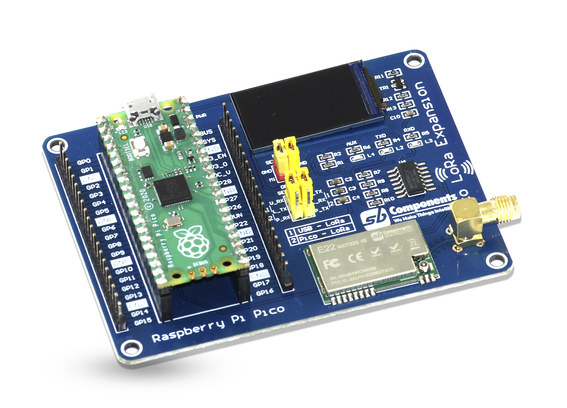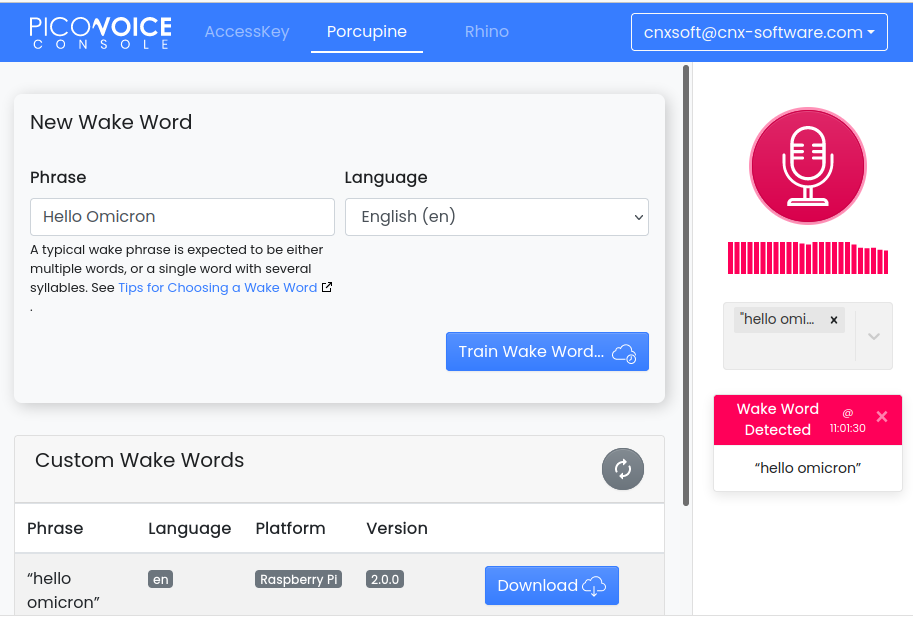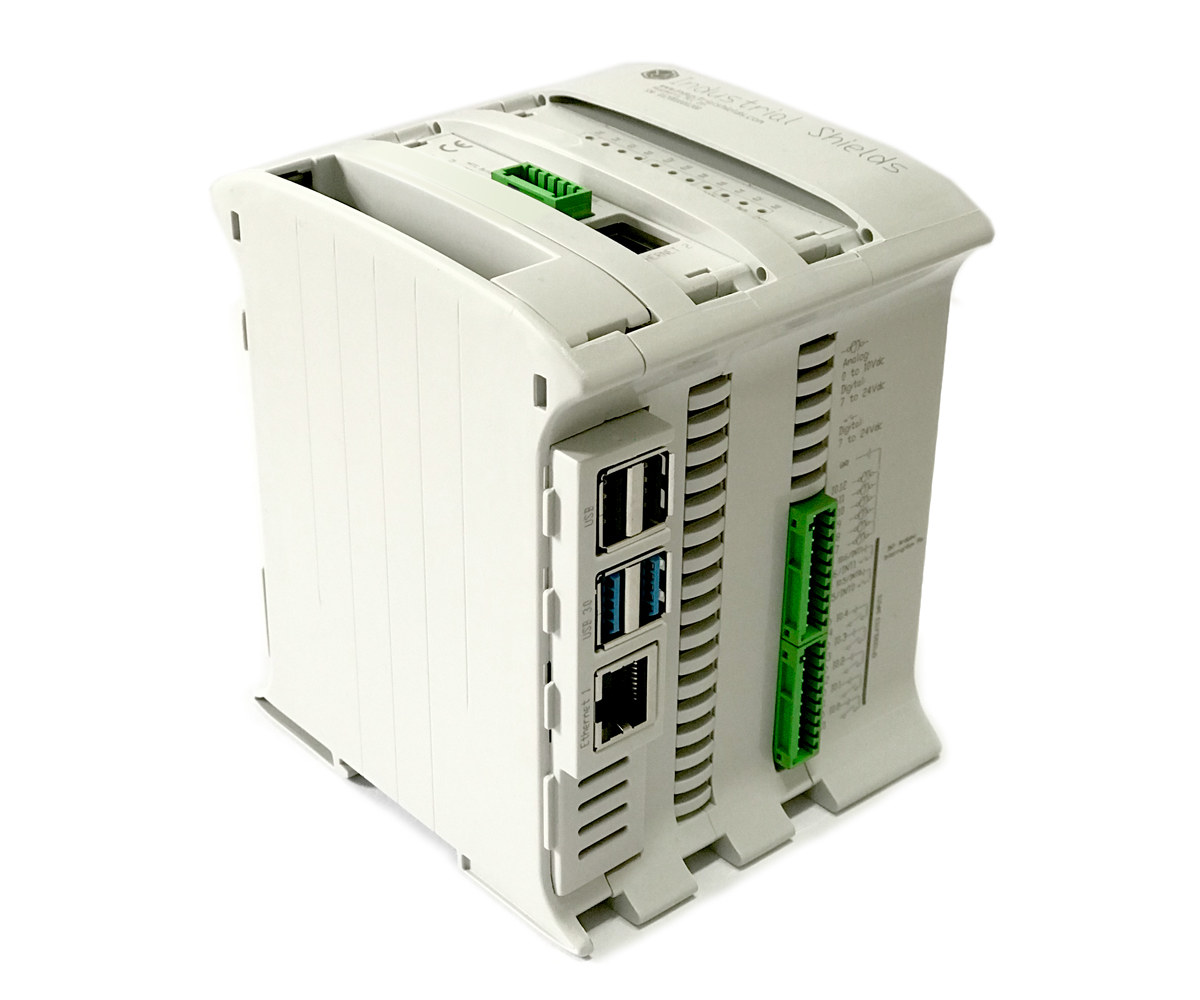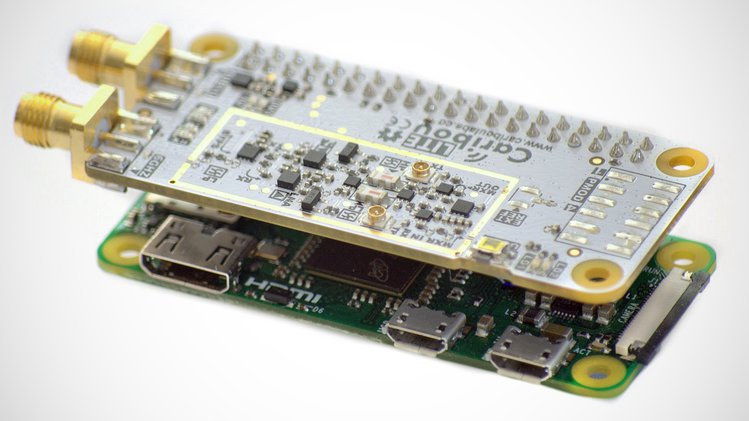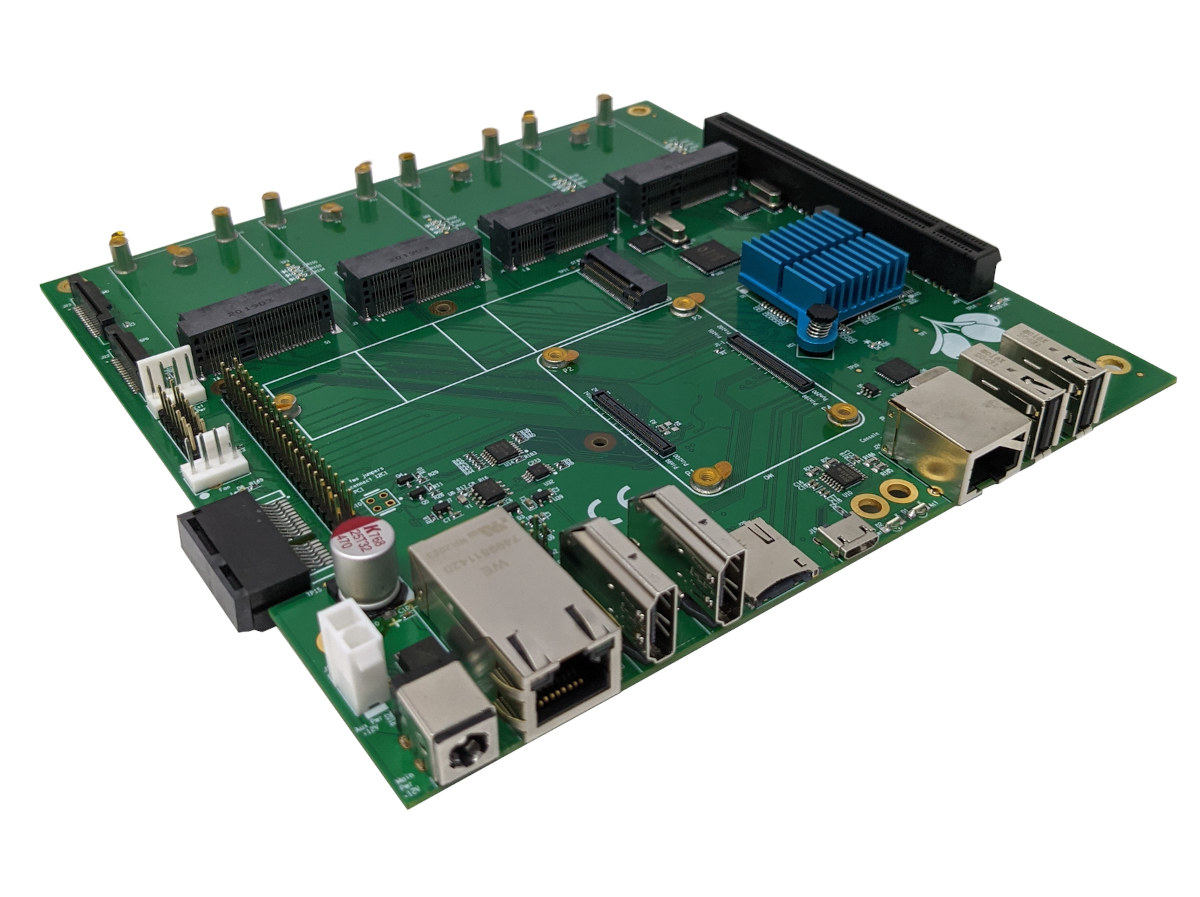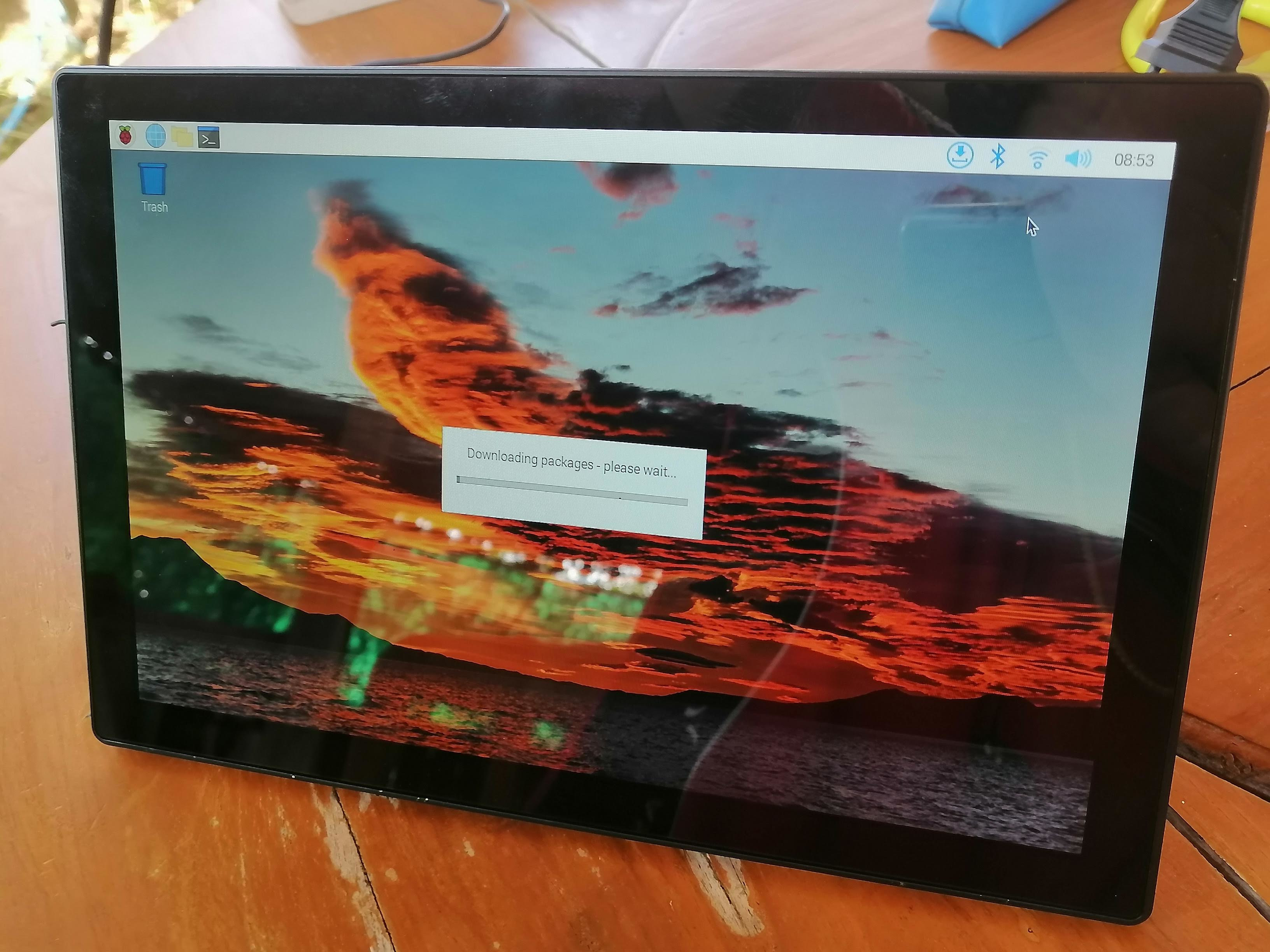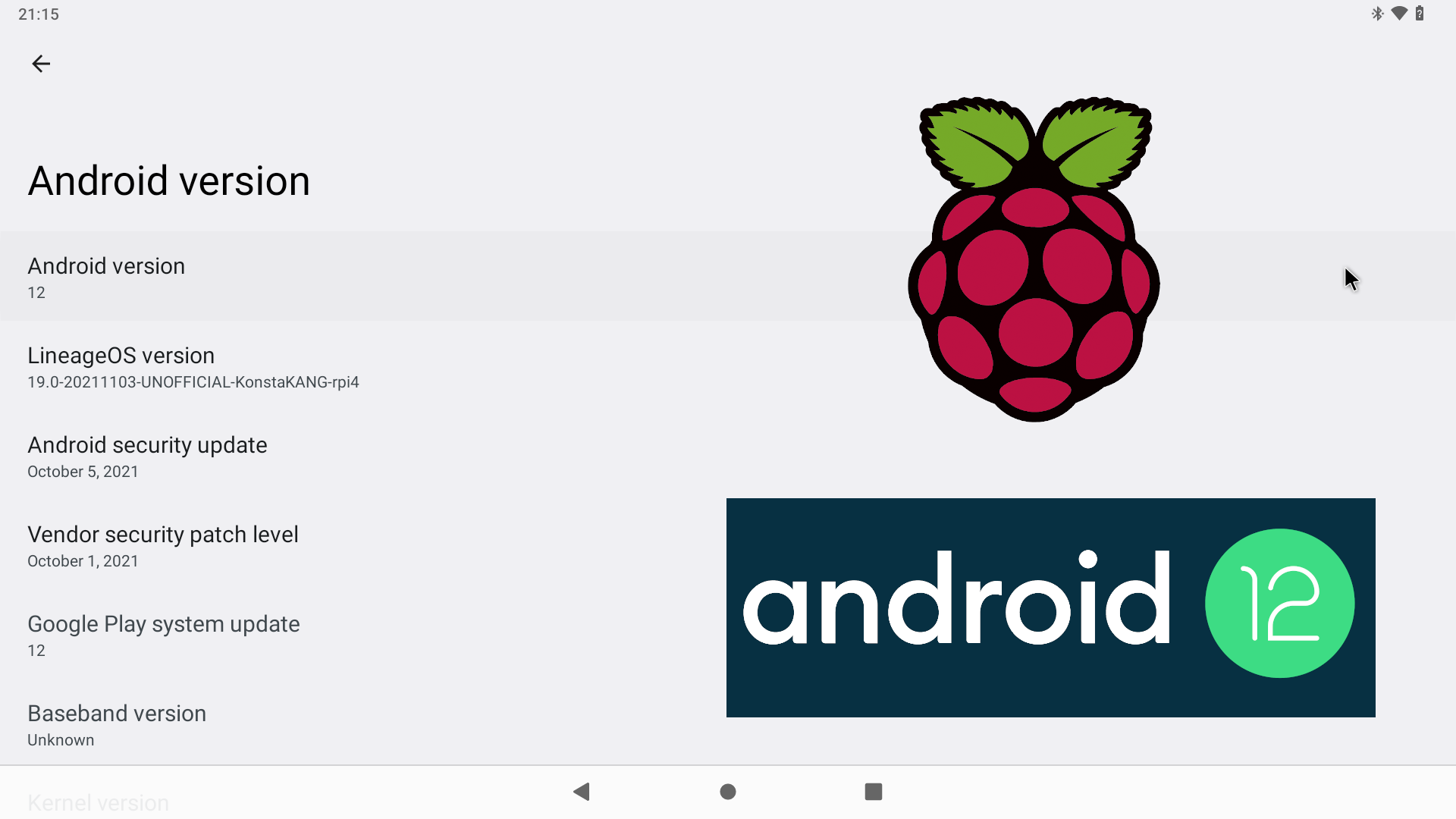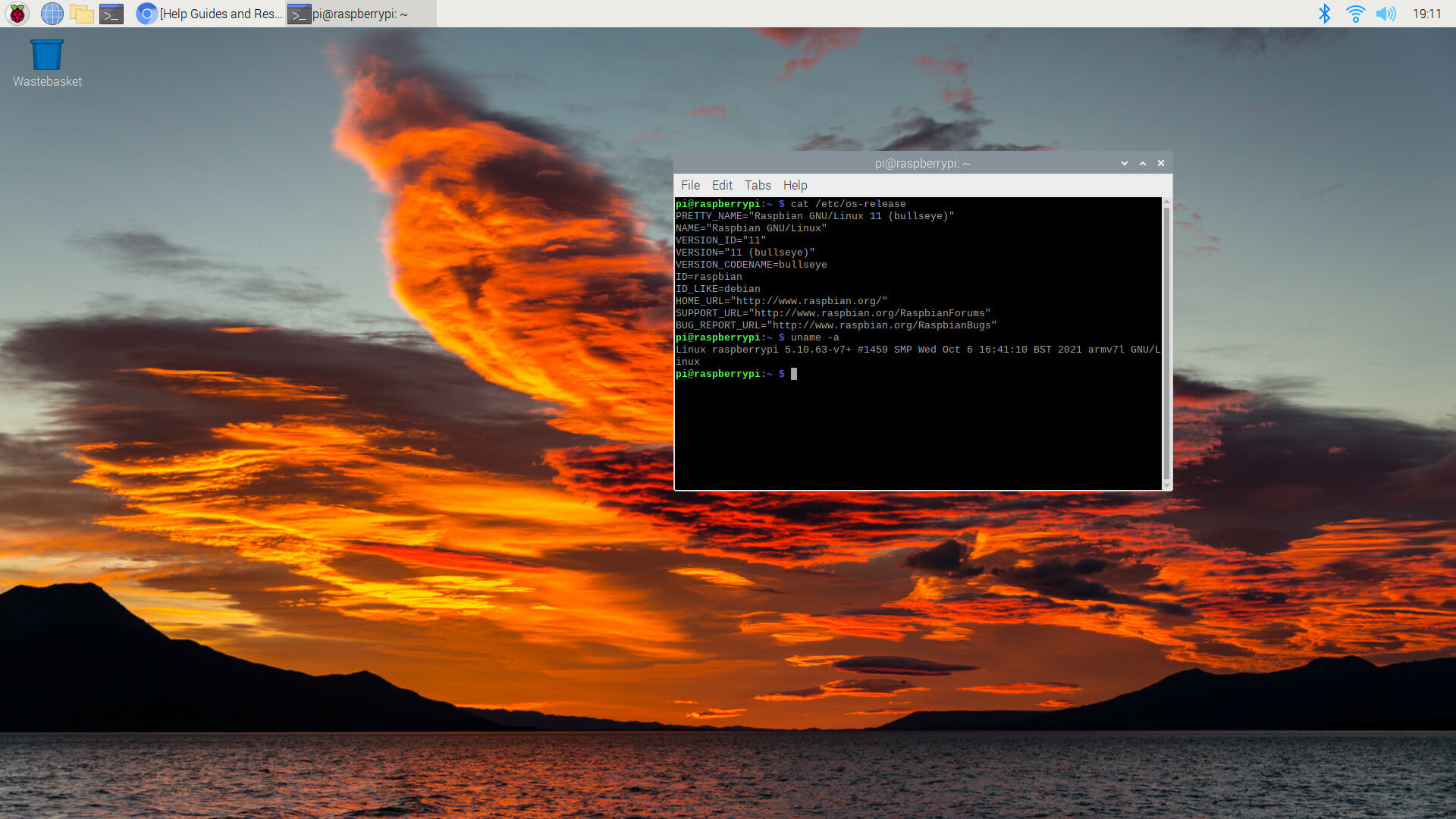We’ve covered a number of LoRa solutions based on Raspberry Pi boards, and SB Components is now offering another with the LoRa HAT for Raspberry Pi equipped with an Ebyte E22 LoRa module operating in either the 433 MHz, or 868 and 915 MHz bands. The company also offers a LoRa expansion for Pico based on the same E22 module, adding a small 1.14-inch LCD for information display, and designed for the Raspberry Pi Pico board with the RP2040 dual-core Cortex-M0+ microcontroller. LoRa HAT for Raspberry Pi specifications: LoRa connectivity LoRa Module (one or the other) Ebyte E22-900T22S based on SX1262, operating in the 850 MHz to 930 MHz band Ebyte E22-400T22S based on SX1268, operating in the 410 MHz to 493MHz band Supported frequencies – 433 MHz, 868 MHz, 915 MHz Range – Up to 5 km line-of-sight Antenna – SMA antenna connector USB – 1x Micro USB port […]
PicoVoice offline Voice AI engine gets free tier for up to 3 users
PicoVoice offline Voice AI engine has now a free tier that allows people to create custom wake words and voice commands easily for up to three users on any hardware including Raspberry Pi and Arduino boards. I first learned about PicoVoice about a year ago when the offline voice AI engine was showcased on a Raspberry Pi fitted with ReSpeaker 4-mic array to showcase the company’s Porcupine custom wake word engine, and Rhino Speech-to-Intent engine. The demo would support 9 wake words with Alexa, Bumblebee, Computer, Hey Google, Hey Siri, Jarvis, Picovoice, Porcupine, and Terminator. More importantly, the solution allows you to easily create your own custom words in minutes from a web interface by simply typing the selected wake word, with no need for hundreds of voice samples or waiting weeks to get it done. So I tried “Hey You” first, but I was told it was too short, […]
Raspberry Pi 4 PLC Industrial controller targets IIoT applications
I’ve just noticed Boot&Work Corp was now offering an “Industrial Shields” branded PLC industrial computer powered by Raspberry Pi 4 SBC. We previously covered the company in 2017 at a time when they provided Arduino-based PLC modules optionally controlled with 10.1-inch panel PCs based on ARM Linux SBCs such as Raspberry Pi or Banana Pi. The “Raspberry Pi PLC Industrial Controller” is offered with either optoisolated outputs or relay outputs, and optional GPRS connectivity. The Linux PLC is equipped with up to 36 digital inputs, 16 analog inputs, 8 analog outputs, and 6 interrupts, as well as communication interfaces such as CAN bus, up to 2x Ethernet ports, dual RS-485, WiFi, and Bluetooth. Raspberry Pi PLC Industrial Controller basic specifications: Single board computer – Raspberry Pi 4 SBC with 2GB to 8GB RAM, WiFi 5, and Bluetooth 5.0 connectivity Storage – 8GB MicroSD card Video Output – 2x Micro HDMI […]
CaribouLite RPi HAT open-source SDR Raspberry Pi HAT tunes up to 6 GHz (Crowdfunding)
CaribouLite RPi HAT is an open-source dual-channel software-defined radio (SDR) Raspberry Pi HAT – or rather uHAT – that works in the sub-GHz ISM range and optionally the 30 MHz – 6 GHz range for the full version. Developed by Israel-based CaribouLabs, the micro HAT is equipped with a Lattice Semi ICE40LP1K FPGA, a Microchip AT86RF215 RF transceiver, two SMA antenna connectors, a Pmod expansion connector, and designed for any Raspberry Pi board with a 40-pin GPIO header. CaribouLite RPi HAT specifications: FPGA – Lattice Semi ICE40LP with 1.28 kLE RF Chipset – Microchip AT86RF215 Sub-GHz / 2.4GHz transceiver Qorvo’s RFFC5072 integrated Mixer IC (for full version only) Tuning Range CH1 Full version – 30 MHz – 6 GHz ISM version – 2.4 – 2.4835 GHz CH2 – Sub-1GHz Max Sampling Rate – 4 MSPS ADC/DAC Resolution – 13-bit Max RF Bandwidth – 2.5 MHz Transmit Power – up to […]
Seaberry Mini-ITX carrier board for Raspberry Pi CM4 exposes 11 PCIe slots and sockets
The Raspberry Pi CM4 may only have a one PCIe x1 Gen 2 interface, but this has not stopped ALFTEL from designing Seaberry, a mini-ITX carrier board for the Raspberry Pi Compute Module 4 with eleven slots and sockets making use of the single 5 Gbps PCIe Gen 2 interface. The board also offers two SATA ports, one Gigabit Ethernet port, one RJ45 console port, two HDMI ports, a micro SD card slot, two USB 2.0 ports, as well as the usual 40-pin GPIO expansion header, besides the PCIe x16 slot, a PCIe x1 side slot, and M.2 and mPCIe sockets. Seaberry carrier board specifications: Compatible systems-on-module Raspberry Pi CM4 module (Regular or Lite) Radxa CM3 Pine64 SoQuartz Storage – 1x MicroSD card for Raspberry Pi CM4 Lite, 1x M.2 socket for NVMe SSD (See PCIe expansion section) Video Output – 2x HDMI output ports, 1x MIPI DSI connector Camera […]
10.1-inch Raspberry Pi All-in-One touchscreen display review – Part 1: Unboxing and installation
I’ve just received a 10.1-inch touchscreen display designed for Raspberry Pi model B boards with 1200×800 resolution from the EVICIV store on Amazon that also offers models with 1366×378 and 1920×1200 resolutions, and allows users to create an All-in-One computer based on the popular SBC. The product can also be used as a standalone display connected to an HDMI or USB-C (via DisplayPort Alt mode) source, so it could be interesting for all sorts of projects and not only ones relying on Raspberry Pi boards. In the first part of the review, I’ll check out the hardware, install a Raspberry Pi 4, and boot it to check out whether it works, before going into more details in the second part of the review. RPI All-in-One Touchscreen Display Unboxing The package lists some of the specs and highlights features of the device with a built-in stereo speaker, support for older and […]
Android 12 on Raspberry Pi 4 – (Almost) everything works
Android 12 (AOSP) source code was released last month, and a developer took the opportunity to port Android 12 to the Raspberry Pi 4 single board computer and derivatives. More specifically, KonstaT created an unofficial build of LineageOS 19.0 for Raspberry Pi 4, Raspberry Pi 400 keyboard PC, and Compute Module 4 working on systems with at least 2GB of RAM. While it’s reserved for advanced users, the Android 12 build appears to work pretty well with most features supported including: Video HDMI display including CEC Touchscreen/multi-touch (USB touchscreens, Waveshare SPI touchscreens) Hardware-accelerated graphics (V3D, OpenGL & Vulkan) Audio HDMI, 3.5mm jack, USB microphones, Bluetooth speakers/headphones Audio DACs such as Hifiberry DAC+ Connectivity Ethernet WiFi including tethering Bluetooth including Bluetooth tethering GPS using external USB modules USB tested with USB mouse, keyboard, storage, etc… USB-C: ADB, MTP, PTP, USB tethering I/Os (GPIO, I2C, SPI) tested with Remote controls via external […]
Raspberry Pi OS upgraded to Debian 11 “Bullseye”
Debian 11 “Bullseye” was released in August 2021, and I was expecting Raspberry Pi OS to soon get upgraded to the latest version, especially the last time around, in 2019, Raspian Buster was released even before the official Debian 10 “Buster” release, although the reason was Raspberry Pi 4 launch. This time around it took longer, but the good news is that Raspberry Pi OS has just been upgraded to Debian 11, meaning it benefits from the new features such as driverless printing, in-kernel exFAT module, “yescrypt” password hashing, and packages upgraded to more recent versions. The Raspberry Pi Foundation goes into more details about what changed in the new Raspberry Pi OS release with GTK+3 user interface toolkit, Mutter window manager replacing OpenBox in boards with 2GB RAM or more, new KMS video and camera drivers, and more. Raspberry Pi OS “BullsEye” can be downloaded from the usual place, […]


